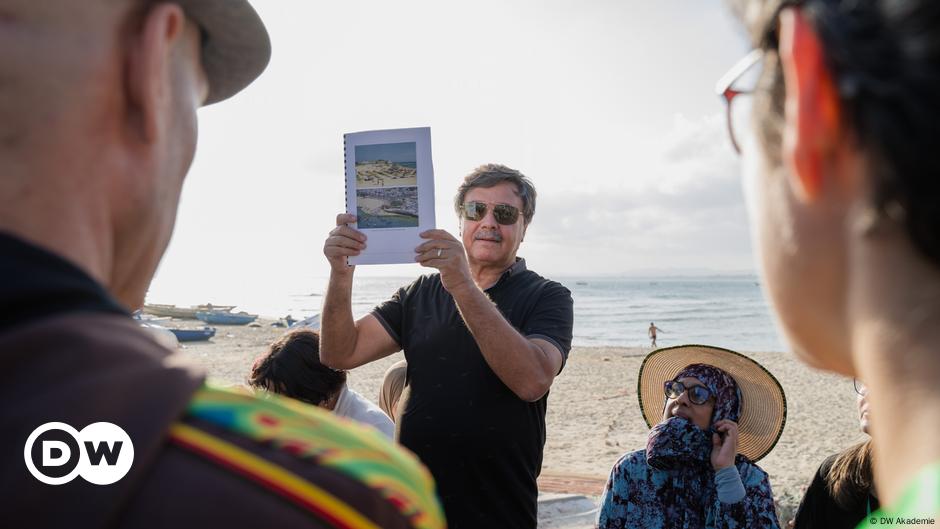Green Revolution: How the Middle East is Transforming Environmental Dialogue

Empowering Environmental Journalism in North Africa
Since the beginning of 2023, DW Akademie has launched an innovative initiative called "Parler Environnement" to transform environmental communication across North Africa. This groundbreaking project focuses on providing comprehensive training for media professionals and environmental activists from Tunisia, Algeria, and Mauritania.
By equipping journalists and advocates with specialized environmental expertise, the program aims to enhance the quality and depth of environmental reporting in the region. Participants receive expert-led training that enables them to more effectively communicate critical environmental challenges, sustainable solutions, and climate-related issues.
The project represents a significant step towards building a more informed and engaged public discourse on environmental matters in North Africa, ultimately supporting more impactful environmental journalism and activism.
